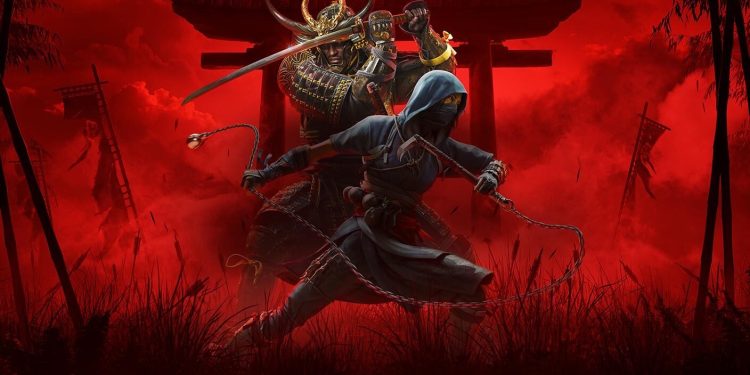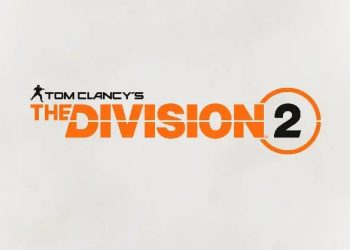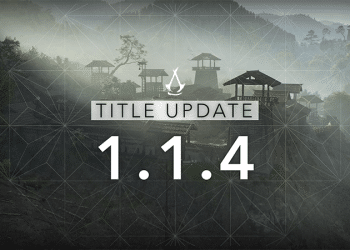At Paris Game Week Ubisoft CEO Yves Guillemot walked through a defensive playbook for Assassin’s Creed Shadows, showing a short, staged video that laid out how the company moved past months of online attacks and controversy. Video Games Chronicle covered the presentation.
The gist was blunt and a little theatrical: Ubisoft says it stopped trying to win the argument with its loudest detractors and instead concentrated on getting the game into players’ hands in the best possible state. Guillemot framed the move as a shift from arguing about ideology to proving the game through gameplay, access, and extra polish.
The video, which ran in English, says that in September 2024 Ubisoft “had our backs against the wall” and decided the correct answer was to stop focusing on those who hated the game. Instead, the studio doubled down on the Assassin’s Creed brand, delayed the release to give teams more time, and opened more behind-the-scenes access to creators and media so the product could speak for itself.
Guillemot called the backlash “a battle” and described the response as moving “from promises to proof,” pointing to the extra assets and creator access that were pushed out in the run-up to launch. Ubisoft also framed the delay as the hard choice that changed momentum, saying it gave developers time to polish and optimise the experience before the March 20 release.
The company did not go deep into the root causes of the backlash during the presentation. The video noted that some reactions focused more on ideology than on the game itself, and it positioned fan support as the decisive factor that turned sentiment around by launch.
There are other angles to consider. Ubisoft’s move to add polish followed a run of high-profile releases that had mixed results, and the studio’s wider strategy has been the subject of coverage; readers can see our previous write up on the game’s cost and scale in our report on the Shadows budget, and earlier comments about the franchise’s scope in our piece on the Shadows lead.
Whether the video lands as a candid postmortem or corporate damage control is up to each reader. The short-term result Ubisoft emphasised is straightforward: by showing more of the game and leaning on creator access, it claims to have rebuilt momentum by the time Shadows shipped.
Have thoughts on how Ubisoft handled the controversy? Tell us in the comments and follow our updates on X, Bluesky, and YouTube.




















